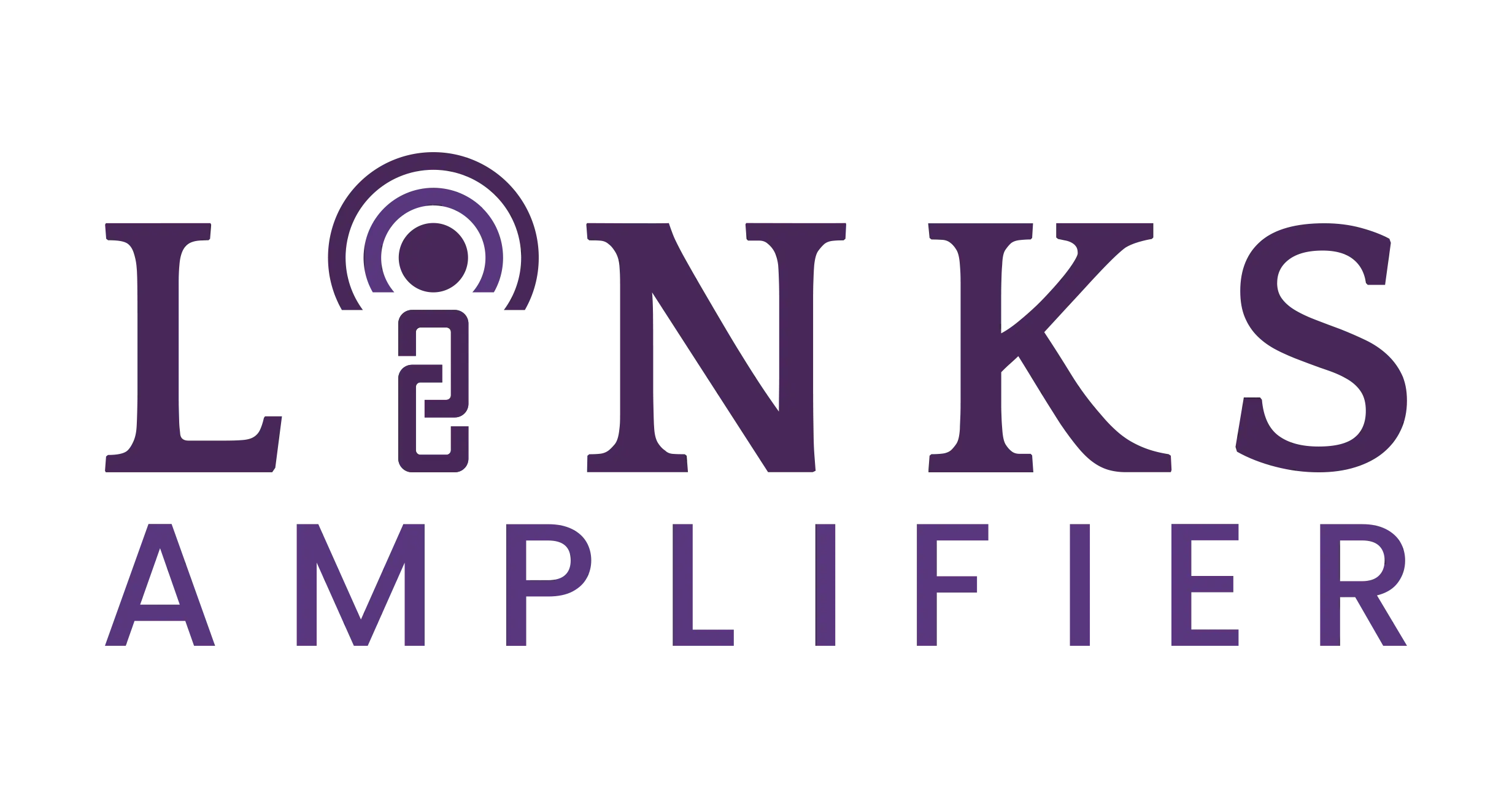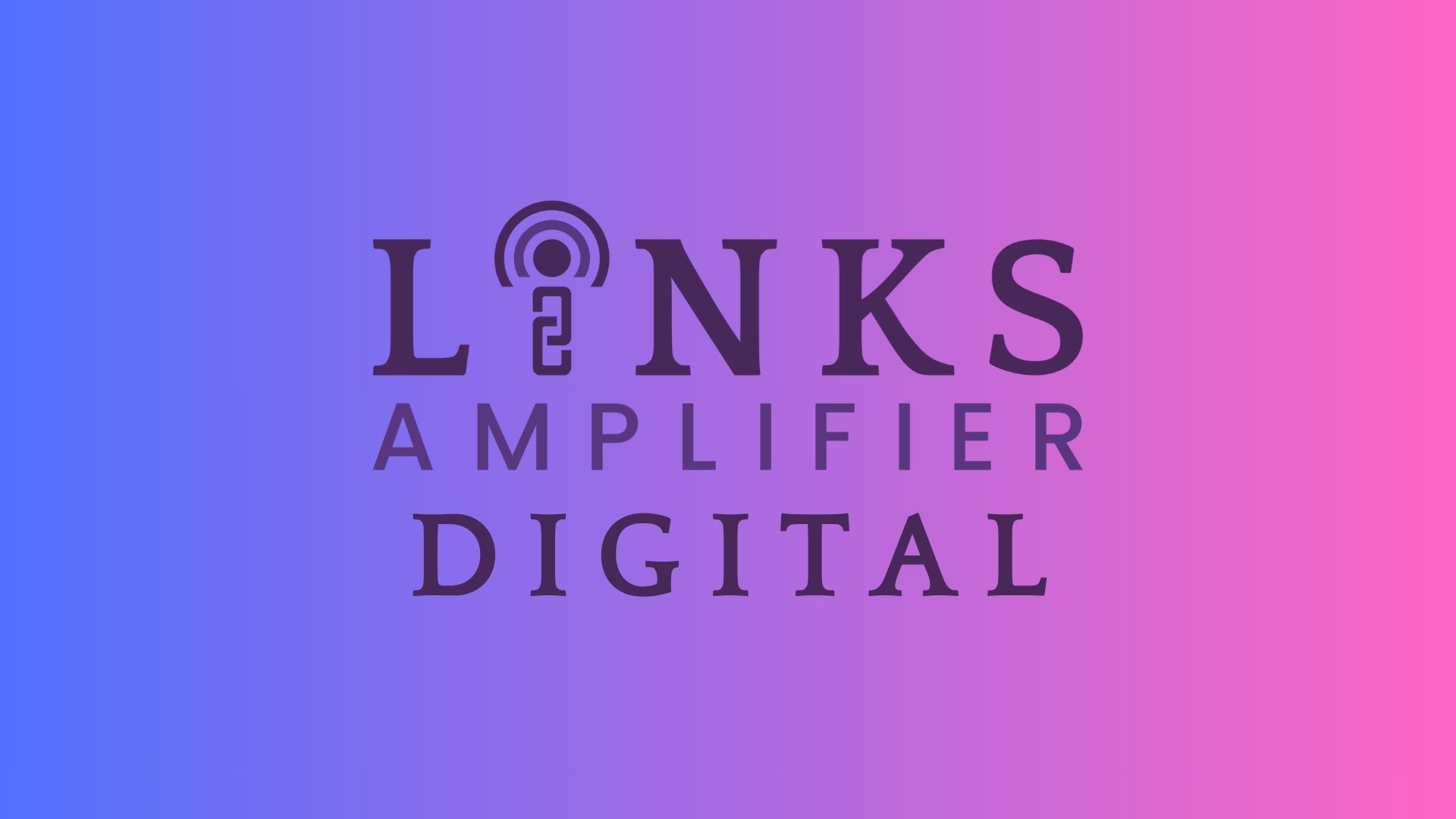Building long-term relationships with website editors is a strategic and forward-thinking approach to earning sustainable, high-quality backlinks. Known as relationship-based link building, this method prioritizes authentic connections over one-off transactions—resulting in backlinks that are not only more natural but also more resilient over time.
Editors are far more likely to collaborate with contributors who genuinely understand their publication’s goals, match their editorial tone, and consistently provide value. These relationships can lead to repeat features, multiple backlink opportunities, and stronger domain authority—all of which contribute to lasting SEO gains.
But why does sustainability matter so much in link building? Let’s explore the long-term impact of backlinks that are built to last.
The Value of Sustainable Backlinks
Sustainable backlinks provide long-term value by maintaining relevance, authority, and organic alignment with your content. Unlike short-term tactics that chase quick wins, sustainable backlinks help websites establish authority gradually while maintaining good standing with search engine guidelines.
The Difference Between Short-Term and Long-Term Link Building
Short-term link building focuses on immediate results, often involving mass outreach or purchasing links from questionable sources. These links might offer temporary ranking spikes but risk penalties if deemed unnatural.
Long-term link building emphasizes editorial relevance and relationship quality. Backlinks from trusted sources—earned through thoughtful engagement and real collaboration—tend to persist over time and continuously support SEO performance. These links are less likely to be removed or devalued in algorithm updates.
Why Relationships with Website Editors Matter
Establishing long-term relationships with editors enables recurring opportunities for organic backlinks. These professionals oversee the quality and direction of content, so building trust with them is key to getting placed naturally and consistently.
When editors recognize your reliability and contribution quality, they’re more likely to:
- Accept future content or contributions
- Include your links in existing or upcoming content
- Recommend you to other editorial contacts
Sustainable backlinks stem from editors who see value in maintaining the connection—not just from a one-time link insertion.
How to Approach Website Editors Professionally
Professionalism is the foundation of successful editor relationships. Editors receive countless outreach messages, so standing out requires preparation, personalization, and a focus on mutual benefit.
1. Identify and Research Relevant Editors
Begin by pinpointing editors and content managers within your niche. Utilize platforms like LinkedIn and Twitter to find and follow them, understanding their content preferences and audience. Tools can assist in managing and automating parts of this process without losing the personal touch.
Evaluate recent articles to identify:
- Common themes or formats (e.g., interviews, how-tos, data pieces)
- Gaps or recurring angles that your content can complement
- Site policies around guest posting, link attribution, or external contributions
Keep organized notes in a spreadsheet or CRM, including editor names, contact info, outreach status, and past interactions.
2. Engage Authentically Before Outreach
Before making any requests, engage with editors’ content by commenting, sharing, or discussing their work. This establishes familiarity and demonstrates genuine interest, laying the groundwork for future collaboration.
Authentic engagement also helps you gain insights into their tone, values, and priorities—making your eventual pitch more aligned and welcomed.
3. Offer Value Through Personalized Outreach
Effective outreach begins with relevance. Address editors by name, reference a specific piece of content, and align your pitch with their platform’s tone and needs.
Key elements of a strong outreach message:
- A clear subject line that communicates value
- A concise introduction that establishes context
- A value proposition tailored to their audience
- A suggestion for collaboration (guest post, quote, data inclusion)
- Openness to adapt or revise as needed
Avoid generic templates. Editors can immediately spot boilerplate language and will likely ignore it. Keep your tone professional yet conversational.
Maintaining and Growing Editorial Relationships
Once a relationship is established, don’t let it go cold. Nurturing the connection over time is what transforms a one-time link into a sustainable partnership.
4. Provide Consistent Value through Content Collaboration
Editors appreciate contributors who make their jobs easier. Offer:
- Well-researched guest posts tailored to their editorial guidelines
- Exclusive data or research relevant to their audience
- Timely insights or commentary on industry trends
- Visual assets, like infographics or charts, to enrich their articles
Submit content on time, follow formatting guidelines, and be responsive during the editing process. A smooth collaboration increases the likelihood of future opportunities.
Propose new content ideas every few months—especially those that fill current gaps or align with upcoming content themes. This shows initiative and understanding of their editorial needs.
5. Follow Up and Offer Mutual Benefits
After a piece is published, send a thank-you message. Share the article through your social channels, tag the editor, and track its engagement.
Offer benefits such as:
- Promoting their other content or newsletters
- Giving testimonials or endorsements
- Connecting them with relevant subject matter experts
Demonstrate interest beyond your own backlink. Editors are more likely to collaborate repeatedly with partners who share a mutual interest in success.
Common Mistakes to Avoid When Building Editor Relationships
While building relationships with editors is essential for securing sustainable backlinks, certain mistakes can undermine these efforts. Being aware of these missteps can help you establish stronger, more productive collaborations.
1. Overloading Editors with Requests
Editors are busy professionals. Sending numerous requests or frequent follow-ups, especially without adding value, can annoy them and damage your reputation. Be mindful of the frequency and relevance of your outreach.
2. Sending Generic Outreach Messages
Generic, templated emails often appear impersonal and lack effort. Editors can quickly spot these, leading them to dismiss your proposal without a second thought. Always take the time to personalize your outreach by referencing their work and tailoring your pitch to their specific editorial needs.
3. Being Too Aggressive with Link Requests
Editors are not obligated to provide backlinks. Aggressively pushing for a link in your initial outreach or follow-up emails can create a negative impression. Focus on building trust and offering value first, rather than immediately requesting links.
4. Ignoring Editorial Guidelines
Each website has its own set of editorial guidelines, including rules for guest posts, backlinks, and content format. Ignoring these can lead to rejection and can harm your professional relationship with the editor. Always review and respect the submission guidelines before reaching out.
5. Neglecting to Follow Through
Failing to follow through on promises—whether it’s content submissions, deadlines, or communication—reflects poorly on your professionalism. Consistently following through and maintaining reliable communication demonstrates commitment and fosters long-term trust.
Best Practices for Long-Term Success
Strong editor relationships depend on consistent respect, valuable contributions, and responsiveness to feedback. Here’s how to maintain credibility and improve over time.
Avoid Spammy Tactics
Never send bulk, non-personalized emails. Editors immediately recognize these and will likely blacklist senders. Instead:
- Don’t CC everyone in the team. It looks careless and unprofessional
- Focus on fewer, higher-quality targets
- Customize each message to their platform and audience
- Avoid aggressive follow-ups; respect response timelines
Don’t ask for backlinks without offering value. Editors prioritize editorial integrity and will reject anything that feels forced or self-serving.
Leverage Feedback for Continuous Improvement
Constructive feedback is a gift, especially from editors who value quality. If you’re told:
- The content doesn’t match their tone
- The links are too promotional
- The pitch lacks originality
…use that input to refine future pitches. Keep track of editor preferences and use them to improve your outreach and submissions.
When editors see that their feedback results in meaningful changes, they’re more likely to continue collaborating. Responsiveness shows respect and signals long-term commitment.
Stay Consistent with Content Quality
To maintain editor relationships, always deliver high-quality, relevant content. Here’s how:
- Stay updated on industry trends and audience interests.
- Maintain high standards for grammar, structure, and clarity.
- Adapt to feedback to continuously improve your work.
- Offer unique insights to add value and differentiate yourself.
Quality content establishes you as a trusted partner for editors, leading to increased opportunities.
Build Trust Through Transparency and Honesty
Trust is crucial for long-term relationships. Here’s how to build it:
- Be clear about your intentions from the start.
- Respect editorial guidelines and never attempt to acquire backlinks beyond their requirements.
- Be honest about your experience, even if you’re new to guest posting.
Trust ensures editors see you as a reliable, long-term contributor.
Use Tools to Support Relationship Management
While the core of editor relationship building is a human-to-human connection, the right tools can help manage scale and consistency:
- BacklinkManager: To track your interactions, monitor backlink status, and automate reminders
- Apollo or Hunter: To manage follow-ups and track email performance
- Notion, Airtable, or Google Sheets: For organizing contact details and pitch history
These tools free up mental bandwidth, allowing you to focus on personalization and value creation.
Conclusion
Building long-term relationships with website editors isn’t just a tactic—it’s a strategy for sustainable SEO success. By prioritizing trust, value, and consistent communication, you position yourself as more than just another outreach email. You become a reliable contributor that editors can count on.
The backlinks that come from these partnerships are more than just links—they’re endorsements from credible sources that search engines trust. These links tend to stick, evolve into repeat opportunities, and weather algorithm updates better than quick-win alternatives.
In a digital world flooded with spammy link-building tactics, relationship-driven outreach is your competitive edge. Treat editors like partners, not just gatekeepers, and you’ll build a backlink profile that grows in strength, relevance, and authority over time.


